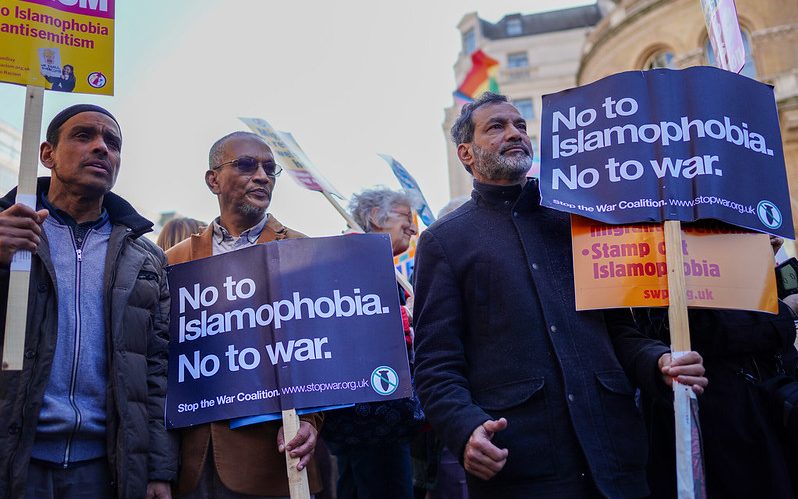
The impact of online Islamophobic discourse on offline anti-Muslim hate-crime
Although online hate speech is deeply rooted in Islamophobic sentiments and exhibits distinct characteristics from offline forms of abuse or violence, substantial evidence supports the assertion that online hate speech serves as a catalyst for offline actions. Amidst the proliferation of Islamophobic discourse in online spaces, the dissemination of fake news and misinformation thrives within echo chambers, perpetuating a cycle of prejudice and intolerance.

Destroying the Foundation of Democracy under the Mantle of Free Speech
For long enough, Facebook, Twitter, YouTube and so many other social media platforms have allowed the creation of echo chambers promoting wild conspiracy theories and false news. If not all the incidents before, at least what happened at the US Capitol should show us that violence, incited through various online disinformation campaigns, has moved from the online to the offline world already a long time ago.

